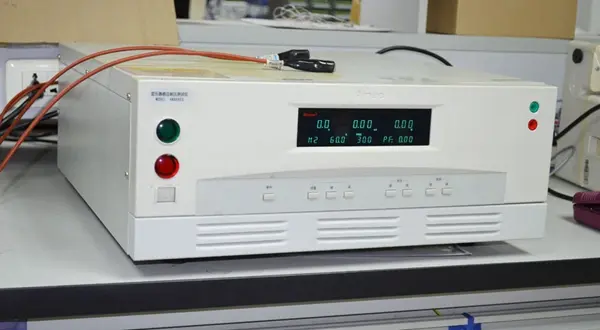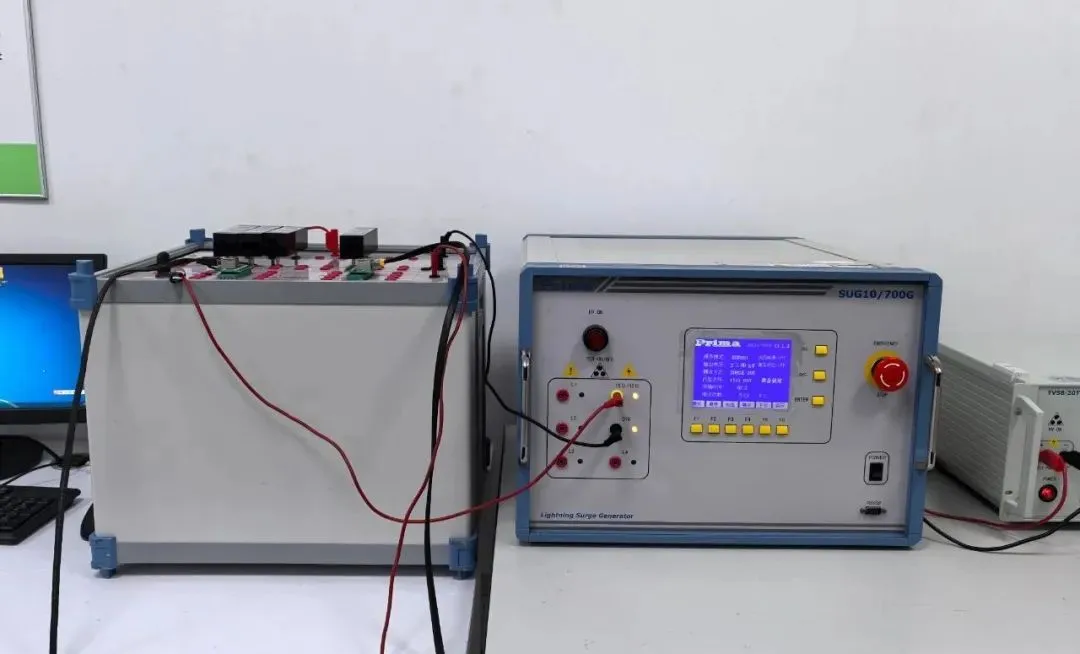
Air Cooler CE Certification Testing
An air cooler is a household appliance that combines the functions of a fan and an air conditioner, offering mULtiple functions such as air circulation, cooling, and humidification. It uses water as a medium to emit cool air below room temperature or warm, moist air. When the air cooler starts cooling, it only consumes 60-80W.
Air coolers exported to Europe are subject to CE mandatory certification, and the following CE directives and standards apply:
low voltage directive 2014/35/EU
EN 60335-1—Household and similar electrical appliances — Safety — Part 1: General requirements
EN 60335-2-40—Household and similar electrical appliances — Safety — Part 2-40: Particular requirements for electrical heat pumps, air-conditioners, and dehumidifiers
Electromagnetic Compatibility Directive 2014/30/EU
EN 55014-1—Electromagnetic compatibility — Requirements for household appliances, electric tools, and similar apparatus — Part 1: Emission
EN 55014-2—Electromagnetic compatibility — Requirements for household appliances, electric tools, and similar apparatus — Part 2: Immunity — Product family standard
en 61000-3-2—Electromagnetic compatibility (EMC) — Part 3-2: Limits — Limits for harmonic current emissions (equipment input current ≤ 16 A per phase)
EN 61000-3-3—Electromagnetic compatibility (EMC) — Part 3-3: Limits — Limitation of voltage changes, voltage fluctuations, and flicker in public low-voltage supply systems, for equipment with rated current <= 16 A per phase and not subject to conditional connection
The process for applying for CE certification for an air cooler is as follows:
1.) The manufacturer or its agent submits an application;
2.) The laboratory determines the testing standards and items for the air cooler and provides a quote;
3.) The applicant confirms the quote and signs the contract;
4.) The testing fee is paid, and samples are sent;
5.) The Chinese JJR laboratory conducts the air cooler tests and reviews the technical documentation;
6.) The review of technical documentation includes:
a. Whether the documentation is complete;
b. Whether the documentation is written in the official languages of the European Community (English, German, or French);
c. If the technical documentation is incomplete or does not use the requiRED language, the applicant will be notified to improve it;
7.) If the test fails, the applicant will be notified promptly and allowed to modify the product until it passes. The applicant should amend the technical documentation in the original application to reflect the changes;
8.) The certification body provides the applicant with a ce conformity certificate and ce marking instructions. After verifying the certificate registration on the EU official website, it becomes effective;
9.) The applicant affixes the ce mark to the product.
Email:hello@jjrlab.com
Write your message here and send it to us
 Global Certification Guide for Lithium Batteries
Global Certification Guide for Lithium Batteries
 Compliance of Amazon 18650 Lithium Battery Product
Compliance of Amazon 18650 Lithium Battery Product
 What is CE Certification and EU Authorized Represe
What is CE Certification and EU Authorized Represe
 What Are the Lithium Battery Safety Tests?
What Are the Lithium Battery Safety Tests?
 What is the EN 61326-2-3 Standard?
What is the EN 61326-2-3 Standard?
 Why Do Smart Sockets Need IEC 60884 Certification?
Why Do Smart Sockets Need IEC 60884 Certification?
 Why Retest the Device if the 5G Module Already Has
Why Retest the Device if the 5G Module Already Has
 Overview of IEC 62087 Test Standard
Overview of IEC 62087 Test Standard
Leave us a message
24-hour online customer service at any time to respond, so that you worry!




